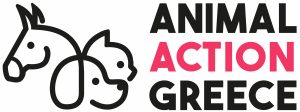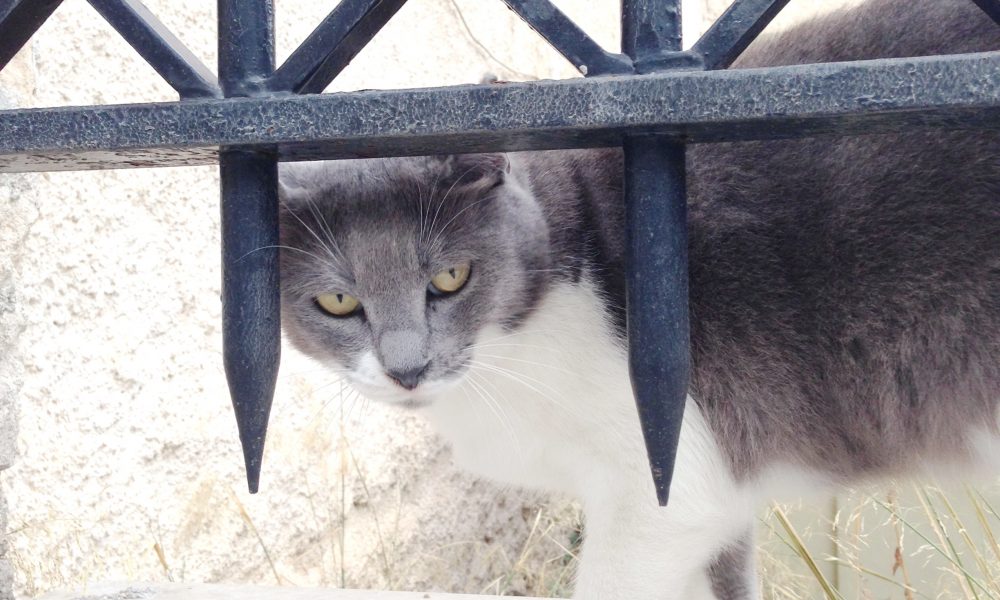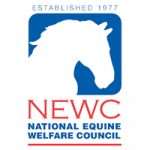A new draft bill on the welfare of companion animals was presented at a Cabinet Meeting on the 24th February 2021. It has been named ‘Project Argos’. *
Like many of the local welfare groups we work with, we broadly welcome the decision to review, update and improve existing companion animal legislation, and we support any measures taken by the government to move towards a better life for animals in Greece.
It is also our responsibility as an animal welfare charity to do the very best that we can for the animals of Greece, so as the soon as full text of the draft legislation goes out to public consultation, we will study it carefully before providing the government with our comments and any suggestions we have for improvements. This article outlines what we know so far.
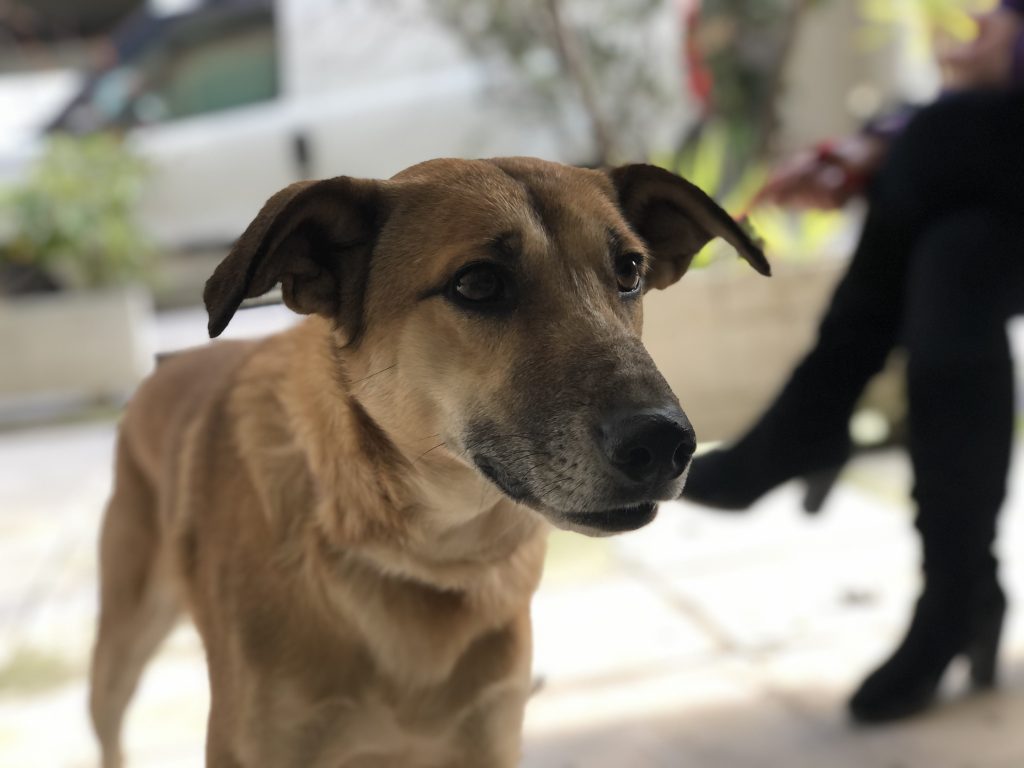
The new legislation will be based upon the 5 freedoms.
A new National Animal Registry (NAR) for companion animals is to be set up. It will include owned and stray animals, animals looking for adoption, animal welfare organisations, vets, breeders, shelters and the relevant public offices in one unified, official platform. Through the NAR, companion animals will have their own digital health record, which will be accessible by owners and vets alike.
The legislation aims to put an end to uncontrolled breeding of owned companion animals by making their sterilisation mandatory. Private citizens will be permitted to allow their animals to give birth only once per animal provided they have first obtained a permit and that before the birth they have registered the names of the prospective owners of the newborns. Professional breeders will be permitted to allow each animal to give birth only six times over its lifetime. Amateur breeders will be permitted to allow up to two animals to give birth twice a year, again only after being granted a permit. Exceptions to compulsory sterilisation may be permitted for medical reasons and if supported by a vet’s report. This measure will be reviewed in five years.
Other prohibitions included in the new legislation are likely to be: the sale of cats and dogs through pet shops; the breeding of closely related animals; the advertising of stud animals, and advertising (by unauthorized professionals, licensed breeders and owners) of animals for sale.
Following repeated pressure from the animal welfare community for greater use of sterilisation as the only humane method of population control, the new legislation provides for the immediate sterilisation of one million stray animals.
There will be provisions to make it easier for owners to act within the law by providing them with a voucher to help with the costs of microchipping, registering and sterilising their pets.
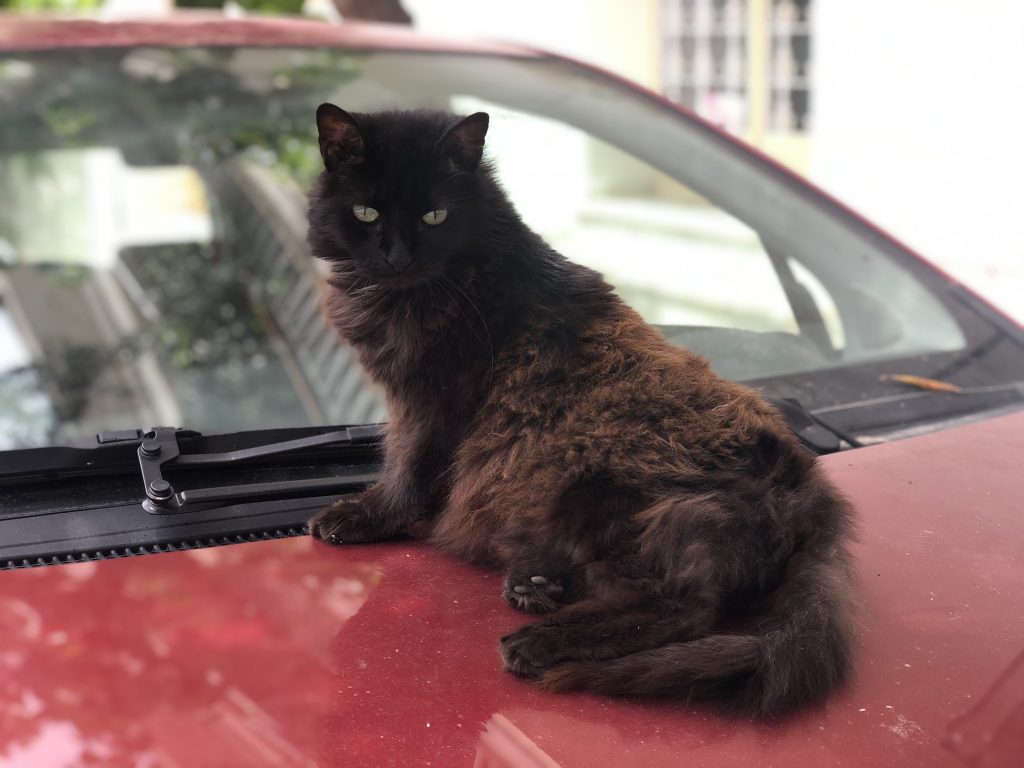
Municipalities will be able to reduce municipal fees by up to 10% for diligent owners. Similar incentives can be used to encourage adoptions.
The indifference and/or poor practices of many Greek municipalities have long been stumbling blocks in the management of stray animals. “Project Argos” aims to make them face up to their legal responsibilities and will oblige each one (acting either alone or in cooperation with other municipalities, associations or individuals), to implement a comprehensive stray management programme, which should include: Trapping (carried out by trained crews using appropriate equipment); microchipping and electronic registration; sterilisation and treatment; the provision of the necessary veterinary services; the establishment and operation of shelters (operating under new rules of transparency and public access); adoption (through a panhellenic platform in collaboration with animal welfare groups/organisations), and cremation, through the operation of incinerators.
We detect clear signs of an effort being made to end the impunity of municipalities by establishing, for the first time, a coherent supervisory framework. This will include a Special Monitoring Committee composed of representatives of KEDE (Central Union of Greek Municipalities), the Ombudsman and animal welfare organisations. Key Performance Indicators will be set by the Ministry of the Interior’s “Directorate of Organisation and Operation of Local Authorities”. In addition, each municipality will be obliged to publish a relevant annual report. The Ministry of the Interior, upon the recommendation of the Special Monitoring Committee, may impose sanctions on municipalities failing to meet their obligations, such as withholding Central Government funding for up to 6 months per year.
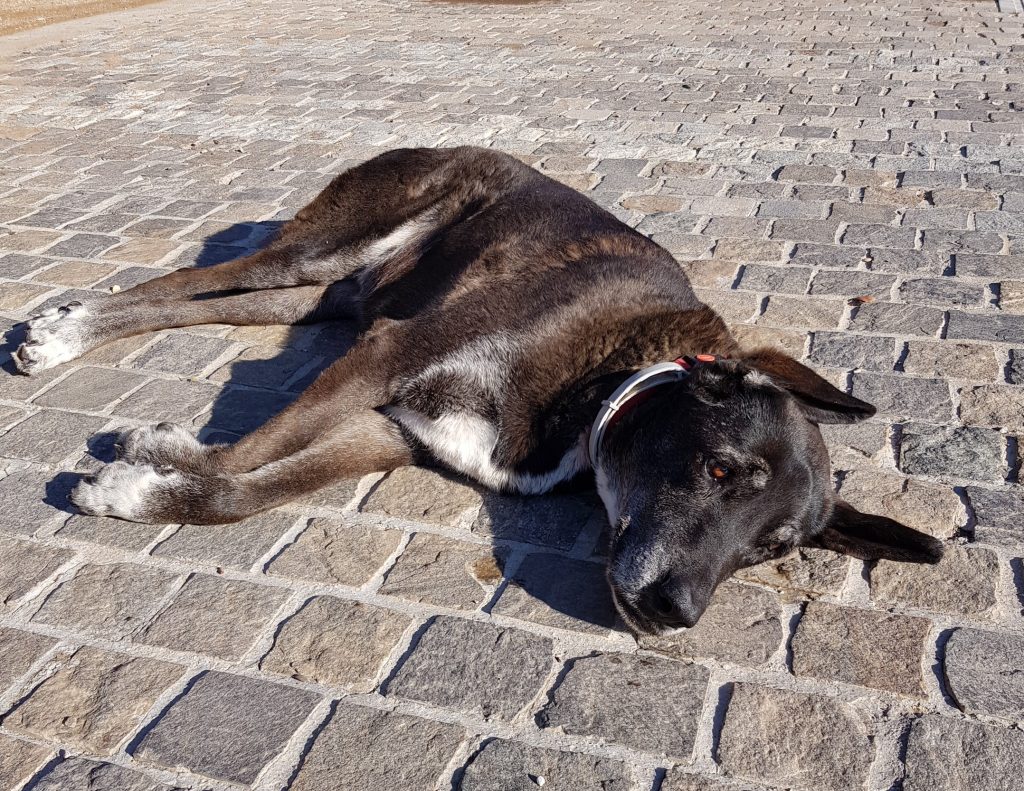
The new bill provides for the creation of a digital application (app) and a 5-digit telephone number to enable incidents of animal abuse and violations of the legal framework for pets to be reported.
The definition of what constitutes animal abuse is to be broadened while fines imposed on offenders will be increased. Acts such as abandonment, shooting, deliberate injury, and poisoning will be explicitly listed, and some are likely to move from being considered civil misdemeanours to being categorised as criminal, depending on the severity of the specific incident. Fines to cover violations of newly introduced regulations will be brought in (e.g., €2,000 for the illegal reproduction of an animal) while existing fines will be increased. (E.g., the fine for failure to include microchip and breeding license nos. when advertising an animal for adoption seems likely to triple).
There are plans for an educational programme aimed at municipal employees who are to be tasked with collecting stray animals, as well as the training of Officers and Port Guards on animal abuse issues. This programme is to be conducted by the National Center for Public Administration and Local Authorities. The bill even mentions the organisation of public information initiatives in local and educational communities in cooperation with the Ministry of Interior, the Ministry of Agricultural Development and the Ministry of Education.
Municipalities will be permitted to sign cooperation agreements with animal welfare organisations recorded in the National Register. These agreements may stipulate that the cooperating organisations may represent a municipality for the issuance of documents required for the adoption of animals. The adoption of stray animals by animal welfare organisations based abroad will be explicitly permitted, provided they operate legally and are properly registered. However, demanding a fee from prospective adopters will not be permitted, although travel, food and/or medical expenses may be reimbursed.
An electronic registry will be established at the Office of the Public Prosecutor in Athens, and this will record those who have a criminal conviction for animal abuse. Local prosecutors will be responsible for updating the registry. The Registry of Offenders will interact with the new National Animal Registry (NAR). Once someone has been registered as an offender, they will no longer be able to register as the owner of a companion animal in the NAR.
* The old dog, Argos, was the only living being to recognise his master, Odysseus, upon his return to Ithaca after 20 years of adventures at sea. Poor Argos had been neglected and was by then so weak that he could only summon the strength to wag his tail in welcome before he breathed his last. He has become the symbol of canine loyalty.
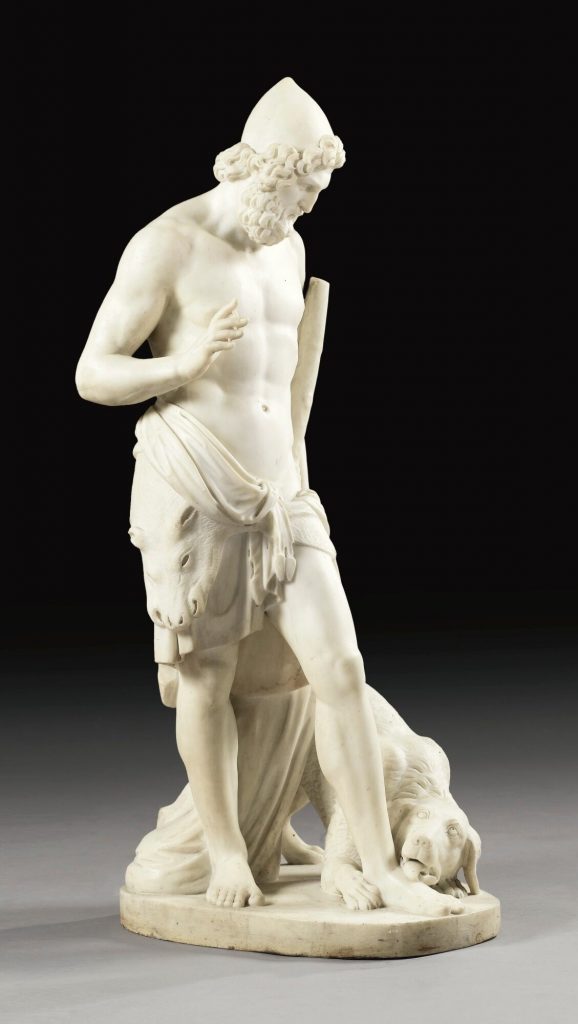
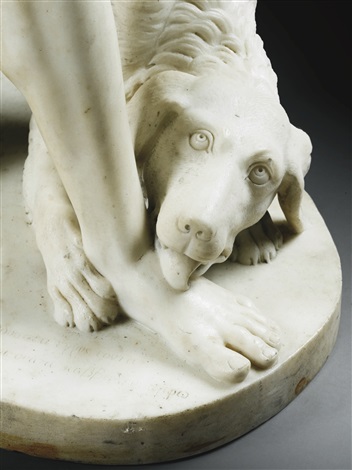

Some depictions of Odysseus and his dog, Argos.
